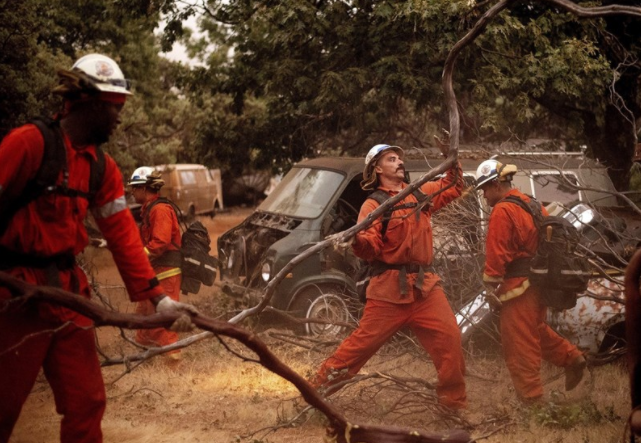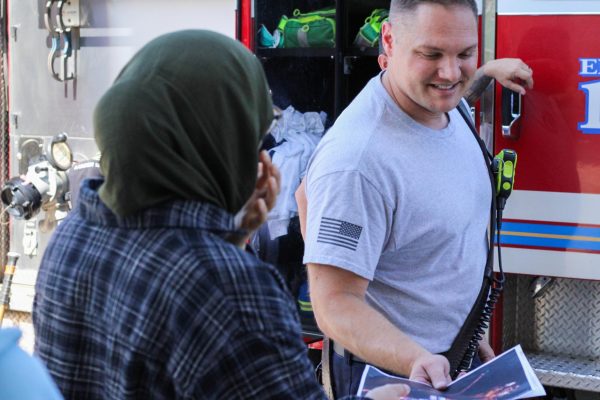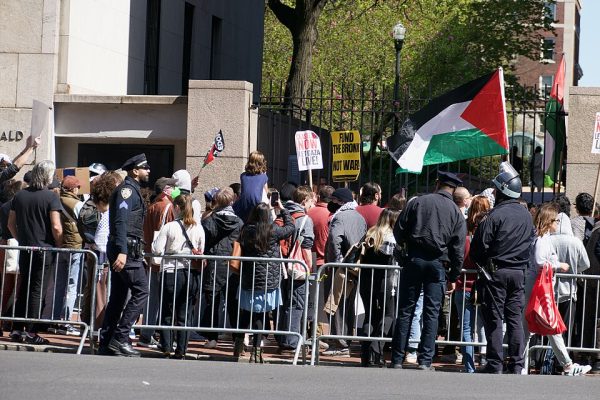Fanning the Flames of Hope
As the west coast wildfires continue to burn, inmate firefighters have been dispatched to help control the fires that have claimed 264,000 acres of land. In response to the need for inmate’s firefighting services, California’s governor, Gavin Newsom, signed a bill to expunge the records of former inmate firefighters, making them eligible to become firefighters after completing their sentence.
Currently, inmate firefighters comprise approximately 20% of California’s emergency fire response team. Prisoners who are interested in joining the CDCR’s (California Department of Corrections and Rehabilitation) Cal Fire response team must have their cases meticulously reviewed prior to consideration for the job. To qualify, the inmates need to be physically fit, sentenced for a non-violent crime, demonstrate non-violent behavior and conformance while serving their sentence, and must have participated in prior rehabilitative programs.
Once approved, the inmates partake in a two-week long course, hosted by Cal Fire, with strategies and lectures on how to quickly contain and extinguish conflagrations. 43 of these camps are currently active across 27 different counties. The first week of the course covers knowledge and instructions about the fires. The second week covers the basics of field exercises, which includes wildland fire safety, proper use of hand tools, teamwork, and crew expectations. Eventually, when the inmates successfully complete the training bootcamp, they join a fire crew and have a minimum of four hours per week of advanced training.
The fire crews work in 24 hour shifts. Compensation is per shift, with the inmate firefighters receiving payment between $2.90 and $5.12—mere pennies per hour—depending on their skill level, with an added $1 bonus by Cal Fire. The money earned can be distributed in whichever form the inmate prefers, whether it be saving the money for collection upon release, or sending it home to support their families. However, the CDRC has frequently faced ethical criticism and concern for possible human rights violations regarding fair compensation, due to the low wages the inmates receive. Some argue their salary should be significantly raised since the minimum wage for the state of California is $12 per hour, and they execute the same amount of work as firefighters employed by the state. Aside from payment, the inmates also have two days cut from their prison sentence for each fire-fighting day, as the crimes they have committed are non-violent.
Despite their experience and rigorous training, inmates are not eligible to work as firefighters or be trained as EMTs upon their release, as a criminal record makes one ineligible to become a firefighter in the state of California. This practice of ineligibility has prompted Governor Newsom to critique the inmate firefighter program and call for its reform. On Friday, September 11th, the governor, backed by Democratic Assemblywoman Eloise Reyes, signed a bill allowing inmates who have worked as firefighters to have their records expunged in order to pursue a formal career in the fire department. This bill gives hope to inmates who wish to become firefighters once their sentence has ended.
However, this new bill has also stirred up controversy, with opposition from Californian law enforcement groups claiming that the returning citizens pose a threat to the public’s safety. Reyes released a statement in response to the opposition groups, explaining, “Rehabilitation without strategies to ensure the formerly incarcerated have a career is a pathway to recidivism. We must get serious about providing pathways for those that show the determination to turn their lives around.”
Governor Newsom solidified his position by tweeting, “Inmates who have stood on the frontlines, battling historic fires should not be denied the right to later become a professional firefighter.”

Layan Al-Khaled is a Senior at South, and is the News Editor for Stinger. With her love for writing, reading, and research, she was inspired to join Stinger. Layan...






